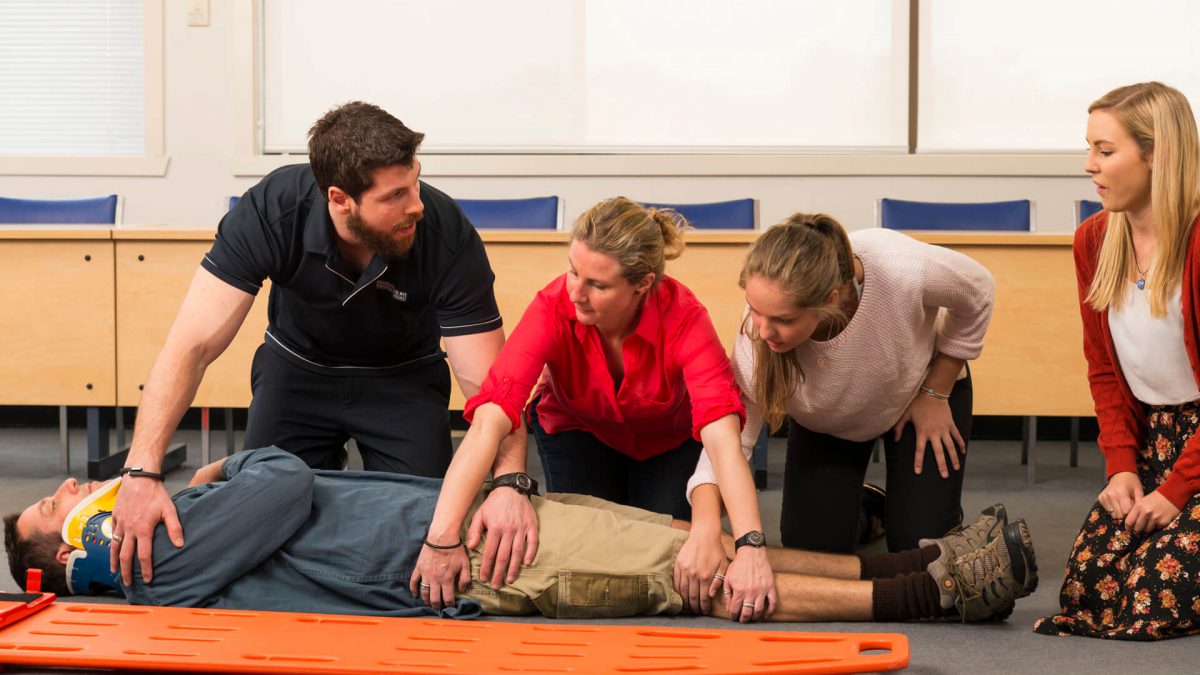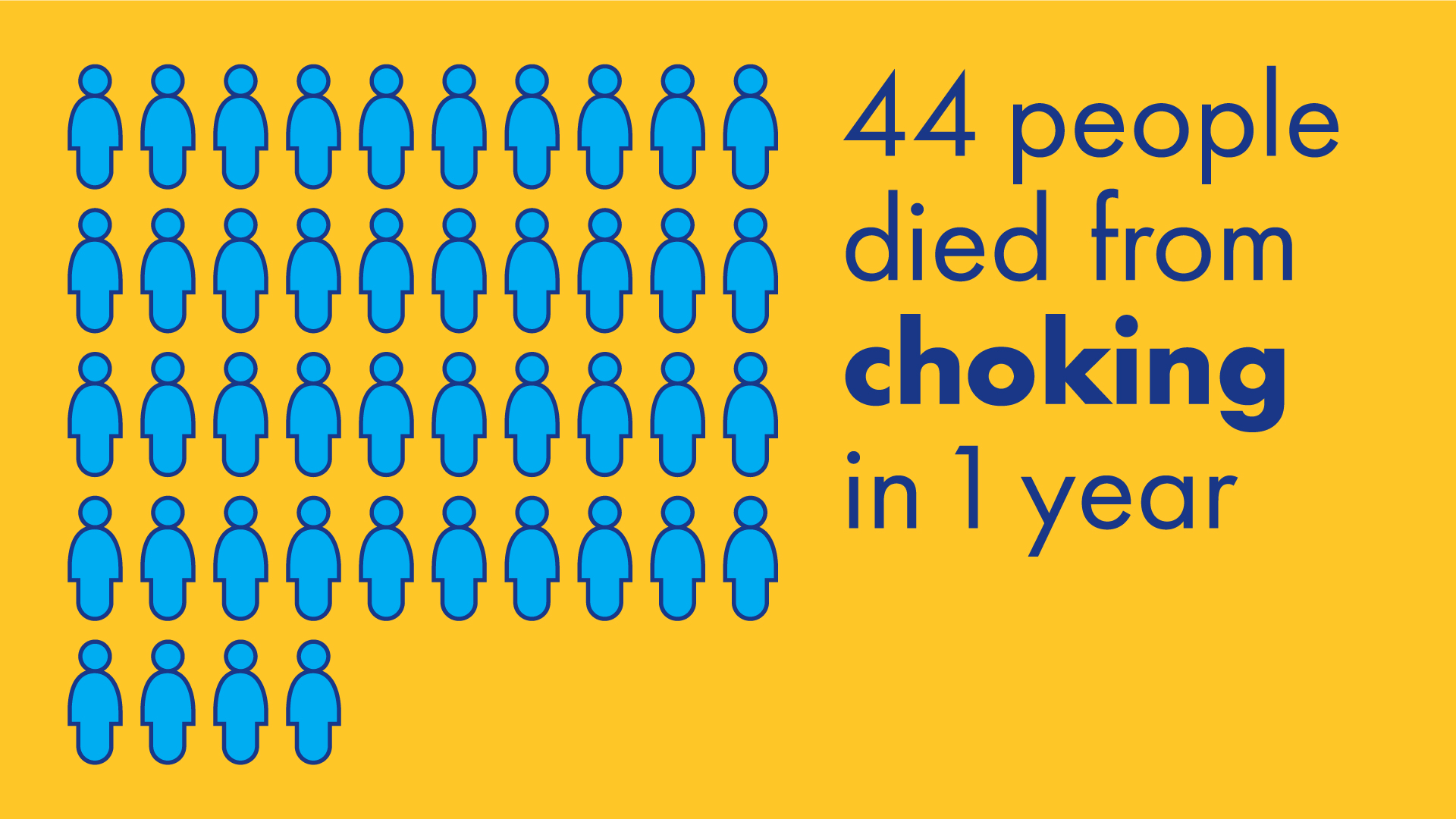Not just CPR: four life-saving skills first aid can teach your staff
Across Australia, 12,000 people die from their injuries each year. Yet a focus on quality, comprehensive first aid training is still often passed off as a tick in a regulatory box. Why, when vital first aid training could save lives, do we not take our choice of first aid providers, course- delivery and quality of first aid trainers more seriously?

Yes, it’s imperative that all businesses meet their WHS obligations in first aid. Undertaking a first aid risk assessment, determining first aid competencies and booking the appropriate provider and course(s) is the right course of action for any workplace.
But with 1 serious injury occurring every 5 minutes across Australian workplaces, a first aid certificate needs be about more than just meeting WHS requirements. Learning hands-on skills from experienced and qualified health professionals – like nurses and paramedics – has the potential to make a difference in survival outcomes.
Are your staff really prepared to respond to a life-or-death situation? Here are 4 survival skills that quality first aid training can provide to help save lives in the vital first few minutes of a workplace emergency:
1. CPR for Cardiac Arrest
In the event of a cardiac arrest, every second counts. In fact, in Australia, more than 33,000 cardiac arrests occur out of hospital every year (and therefore away from the resources and expertise of trained medical staff). The chances of survival for these patients dwindles with every second that goes by without defibrillation – and less than 10% of out-of-hospital cardiac arrest patients survive.
With hands-on CPR (cardiopulmonary resuscitation) skills obtained through contextualised first aid courses where every learner has a CPR manikin and is instructed by trainers who are nurses and paramedics – your staff can be better prepared to make the most of those early minutes and help improve survival outcomes.
2. First Aid for Choking
In one year alone in Australia, 44 people died from ingesting or inhaling food that led to an obstruction in their airway. Choking is a scary and common occurrence and being able to undertake the correct procedure during this life and death situation is vital.
Every minute that goes by without adequate airflow has the potential to lead to brain damage – a tragic outcome that good first aid training can help avoid. Fast action using back blows and chest thrusts is imperative in choking incidents, and learning these skills from trained health professionals who understand the anatomy and physiology of the airway could be the difference between life and death.

3. Care of an Unconscious Person
Unconsciousness occurs for many reasons – be it a heart attack, asthma, seizures, drug and alcohol overdose, fainting or shock. Untrained first aiders are often reluctant to manage an unconscious person but leaving them on their back may cause further harm or death.
Bystanders often worry that if they move the patient they may cause harm like a spinal injury, but all unconscious patients who are still showing strong signs of breathing must be turned onto their side to ensure that their airways remain clear.
It’s these kinds of insights, debunked myths and questions that training from qualified health professionals, many of whom have used first aid in the field, can deliver – helping your first-aiders to be prepared to take clear and decisive action in emergencies.
4. Mental Health First Aid
In recent years, the concept of first aid treatment has expanded beyond physical ailments, illnesses and injuries that have long been encountered in Australian workplaces. Good mental health and wellbeing in the workforce is now a crucial point of difference and element of workplace first aid.
In fact, 45% of Australian adults will encounter a mental health problem at some point in their lives. Ensuring staff know how to respond to a colleague suffering from mental health or illness is an important part of supporting your teams and keeping them safe. And with suicide and self-harm rates on the rise, it’s imperative that staff are able to respond to more severe mental health events and breakdowns amongst their colleagues.
Premium Health is one of Australia’s leading first aid training providers, with a team of first aid trainers that are all paramedics and nurses. Do the very best for your employees by registering your interest in a first aid course today.
